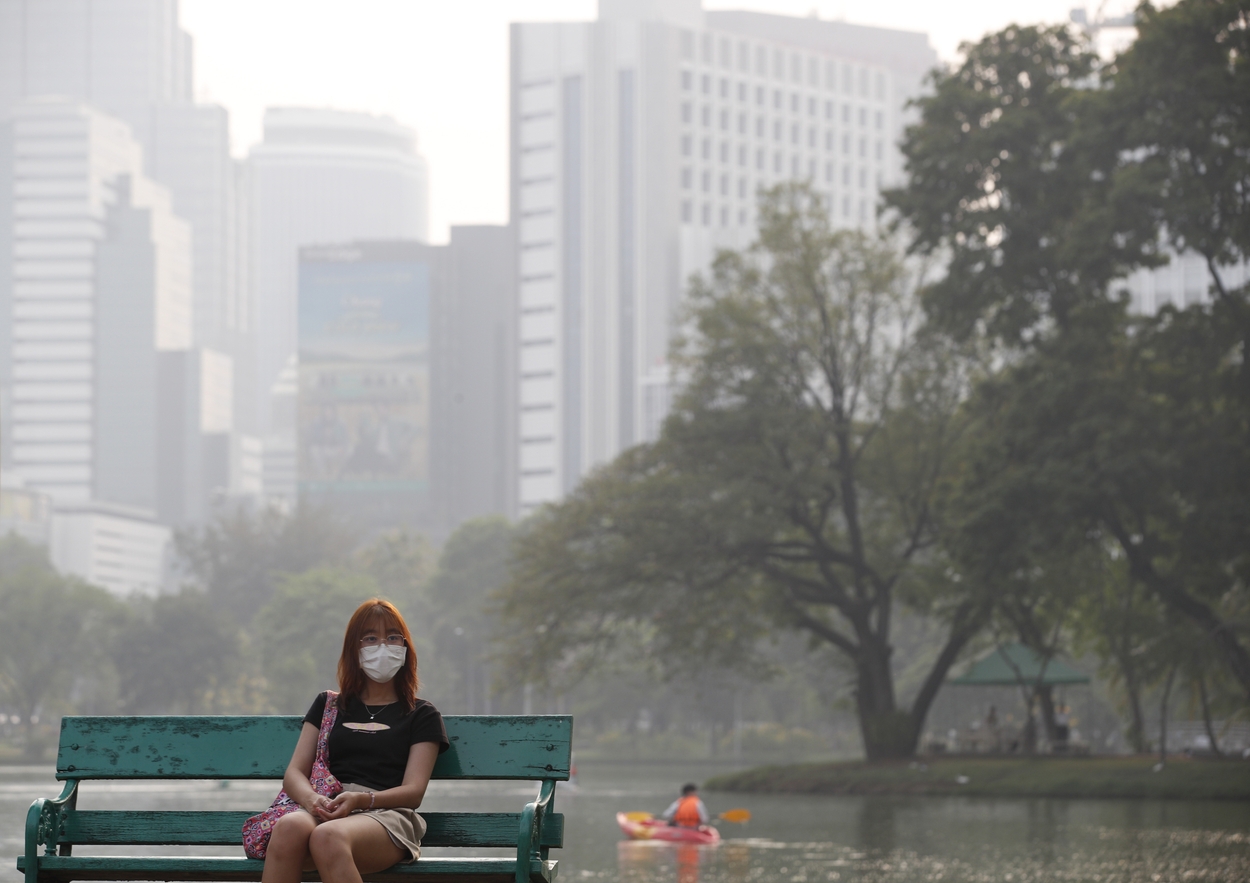•
Today
•
reading time 2 minutes
•
1640 views
•
store
Air pollution increases antibiotic resistance, which major health hazards entails. After all, when bacteria are no longer sensitive to antibiotics, the chance of recovery from illness becomes considerably smaller. The emission of antibiotic particles into the air is mainly caused by, for example, livestock farms and sewage treatment plants, but also by hospitals.
Researchers compared data from 116 countries over a period of twenty years. They looked at 9 types of bacteria and 43 types of antibiotics. In total, they collected 11.5 million samples between 2000 and 2018.
The science magazine Sciences writes:
And the results were remarkable: For every 1 percent increase in air pollution, antibiotic resistance increased by 0.5 to 1.9 percent, depending on the pathogen. The link grew stronger over the years: an increase in PM2.5 led to an even greater increase in antibiotic resistance. Resistance is not the same everywhere. In North Africa, the Middle East and South Asia, the situation is much more serious than in Europe and North America. Especially in China and India, many people die because air pollution there exacerbates antibiotic resistance. According to the researchers, nearly half a million people died in 2018 from antibiotic resistance linked to air pollution. It led to additional costs of nearly $400 billion.
Air pollution is already the biggest environmental risk to public health. Long-term exposure to air pollution is associated with chronic conditions such as heart disease, asthma and lung cancer, which reduce life expectancy.
Short-term exposure to high levels of pollution can cause coughing fits, wheezing and asthma attacks and leads to more hospital and GP visits worldwide.
According to the research, published in the scientific journal The Lancet, reducing air pollution can help reduce antibiotic resistance. The researchers also write that controlling air pollution could significantly reduce the number of deaths and economic costs associated with antibiotic-resistant infections.
If air pollution is not reduced, antibiotic resistance will increase by 17 percent worldwide by 2050. Every year, around 840,000 people will die prematurely from antibiotic resistance, the largest number of victims will be in Sub-Saharan Africa, followed closely by China and India.
2023-08-08 07:11:16
#Air #pollution #deadly #thought #antibiotics #longer #effective #Joop #BNNVARA


